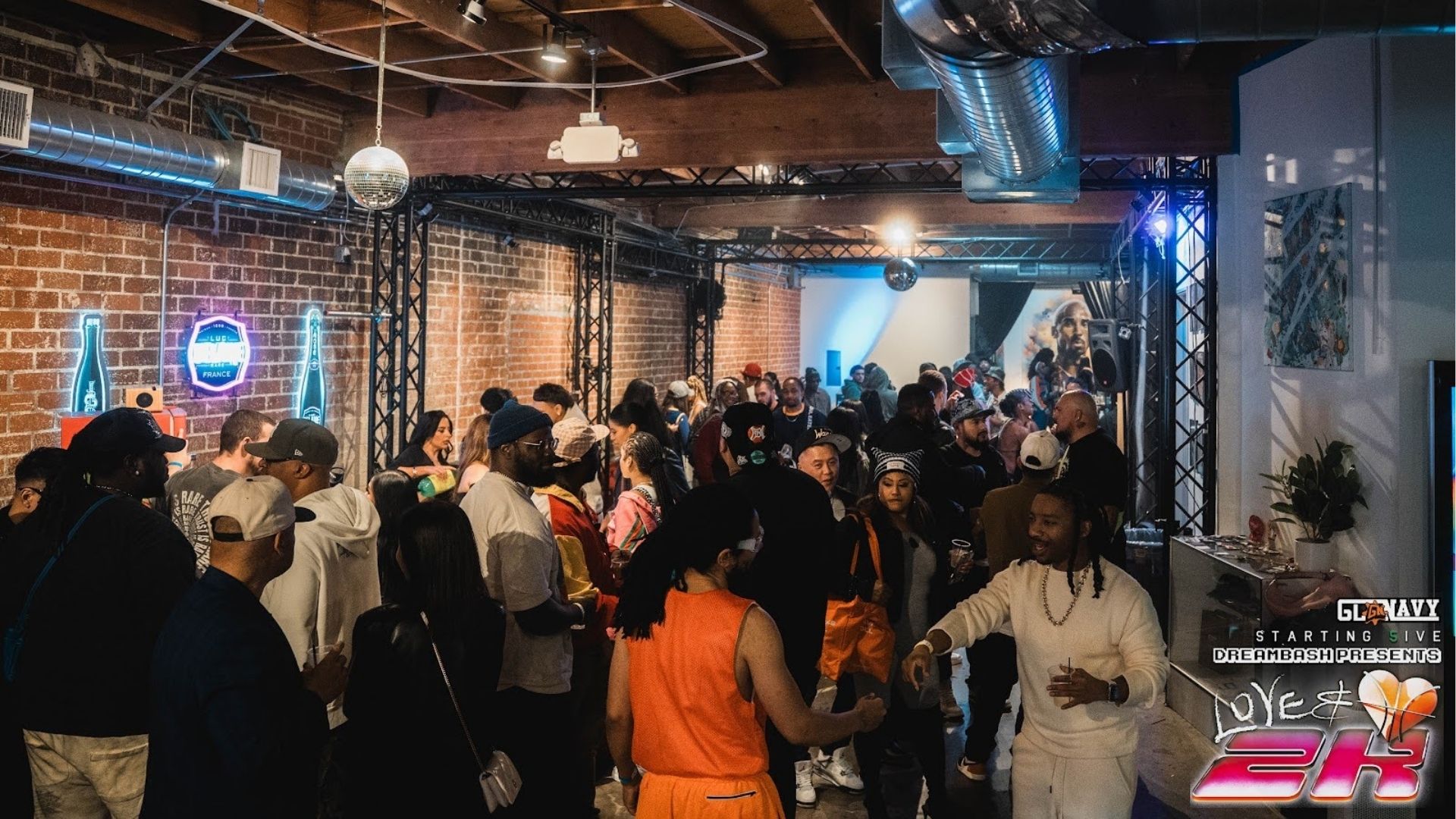When I first heard about Campus, a two-year online college designed for Gen Z, I couldn’t help but think back to when “online classes” meant clicking through pre-recorded slides, zoning out on Zoom, and hoping the Wi-Fi didn’t cut out. However, what Tade Oyerinde is building feels different, more alive, more human, and more in tune with how our generation actually learns.
The 31-year-old founder, a young Black entrepreneur who splits time between Atlanta and New York, is on a mission to rebuild higher education from the ground up, and judging by the buzz (and the millions in venture funding), people are paying attention.
From idea to innovation
Oyerinde’s story doesn’t follow the typical Silicon Valley script. He studied aerospace engineering before realizing the real lift-off was in education.
“I’ve always been obsessed with how people learn,” he said in an interview.
That obsession led him to launch Campus.
Unlike the endless on-demand video courses that dominate the internet, Campus delivers live, interactive classes taught by professors from places like Stanford, Princeton, and Howard. Students log in weekly, ask questions in real time, and get to know their instructors.
Every learner is paired with a success coach, the kind of accountability partner Tade jokes is “like having a Nigerian mom who won’t let you slack off.”
The true innovation for Campus comes from treating “being online” as the same as “being in community.” Students connect through group chats, workshops, and even in-person hubs like the company’s new Atlanta office, which doubles as a community center and tech lab.
Raising the bar (and the funding)
If you’re wondering whether investors buy into this model, the receipts are real. Campus has raised over $100 million from names like Sam Altman (OpenAI), Founders Fund, Bloomberg Beta, and NBA Legend Shaquille O’Neal.
Shaq has been vocal about backing initiatives that make college more accessible.
“Education changed my life,” he said in a recent press release. “Campus is changing what education looks like.”
The startup’s 2024 funding round alone brought in $23 million, helping it expand nationwide and acquire Sizzle AI, a learning-tech company whose adaptive software helps tailor lessons to each student’s pace.
The result is an ed-tech engine that feels more like Netflix recommendations than a one-size-fits-all classroom.
Why it’s working
Campus sits at the intersection of tech, culture, and access. It’s built for students who live on Twitch, learn from YouTube, and crave community, but don’t have $40K a year to burn on tuition.
- Live over lonely: Classes happen in real time, with energy that feels closer to a Twitch stream than a lecture hall.
- Coaches over chaos: Every student has a dedicated success coach who checks in, offers encouragement, and keeps them accountable.
- Access over arrogance: Tuition is roughly $10,000 total for two years, and many qualify for full Pell Grant coverage.
- AI meets education: With the Sizzle AI acquisition, the platform can now analyze learning patterns to personalize study plans and feedback.
Oyerinde said the goal isn’t to replace traditional colleges but to reimagine them.
“We’re not against campuses,” he said. “We’re just building one that fits the world people actually live in.”
Representation Matters
Seeing a young Black founder raise eight-figure capital for a tech-education startup is an impressive, culture-shifting milestone. In a space historically dominated by white and older male founders, Tade’s presence alone expands what leadership in ed-tech can look like.
He’s also built a team that reflects the diversity of the students they serve. That inclusivity shows up in everything from curriculum design to mental-health support to partnerships with community organizations in cities like Atlanta, Chicago, and Los Angeles.
What’s Next?
Campus is currently expanding degree programs in business and IT, while exploring new certificates around AI and digital marketing.
The company’s Atlanta hub will serve as the blueprint for future “community centers” nationwide as places where online students can still feel a sense of belonging in person.
If the last few funding rounds are any clue, this isn’t the end of the story — it’s the next semester in how we learn.
Education has been overdue for a remix. Campus is doing more than modernizing community college, it’s remixing what college even means. For a generation that values flexibility, creativity, and purpose over prestige, that might be exactly what’s needed.




.png)